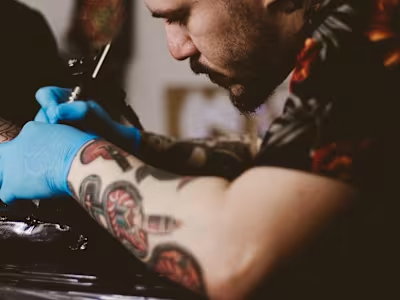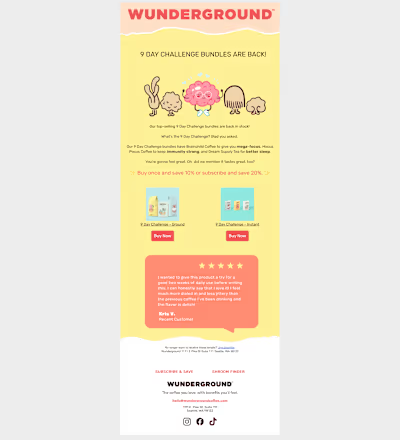✈️ Travel Article: TripAdvisor
Like this project
Posted Jun 16, 2023
Crafted engaging article on LGBTQ+ women-built San Francisco landmarks.
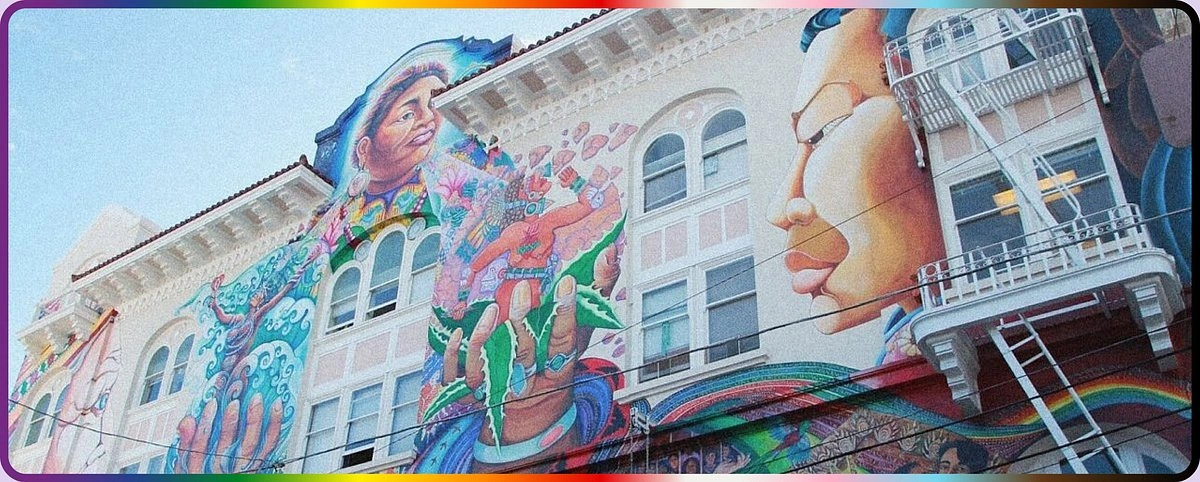
There are plenty of reasons to plan a getaway to San Francisco: One of the most celebrated, diverse hubs of culture and commerce in the United States, the Golden City beckons visitors all year long. San Francisco has an extensive collection of landmarks pivotal to the history of the LGBTQ+ rights movement; don't miss the six below, which were all built by LGBTQ+ women.
3543 18th Street
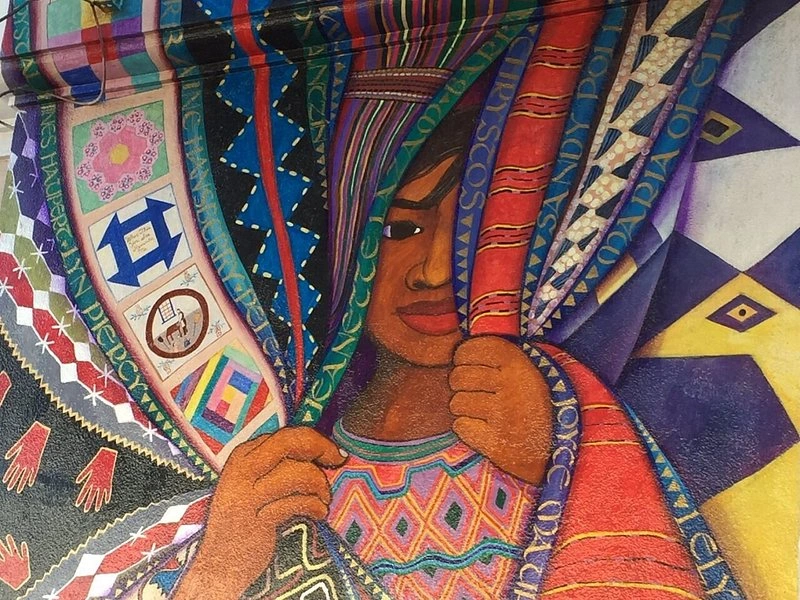
Image: EdiBa683 | Tripadvisor traveler
Located in the Baja Noe neighborhood, The Women's Building is a non-profit arts and education center dedicated to social justice and gender equality. Founded in 1979 by a collective of feminist activists who wanted a centralized hub for the organizations and initiatives they championed, the four-story building became the first woman-owned and -operated community center in the United States.
The Women's Building has been instrumental in the growth of more than 170 organizations, including La Casa de las Madres, San Francisco's first shelter for survivors of domestic violence, and the Lavender Youth Recreation & Information Center (LYRIC), an advocacy group for LGBTQ+ youth.
Visitors are welcome to volunteer or take in the renowned MaestraPeace Mural, created in 1994 by celebrated local artists and honoring the efforts of women’s rights trailblazers around the world. Afterwards, grab a bite just around the corner at the Michelin-starred trattoria Delfina, or Dandelion Chocolate, a bakery and cafe.
Travelers say: "[The mural tells] a great story of dignity and pride. It’s well maintained by amazing women and the art they treasure. This is a wonderful work of the Mission, and all the history surrounding it." -@happy4travel
424 Cortland Avenue
Since opening in Oakland in 1962, this beloved bar has moved to the city’s North Beach neighborhood and then to its current location in scenic Bernal Heights, where it’s stood since 1976. Despite its changing locations, the feisty spirit of the nightspot, which was founded by Pat Ramseyer and Nancy White, has remained consistent through its 60-plus years of history.
When the bar first opened in Bernal Heights, Ramsyer and White faced discrimination from locals who dumped old toilets and other garbage in front of the entrance. In defiance, they took the objects meant to intimidate them and turned them into pieces of art to display proudly on the premises. Come for trivia night and a game day, or just kick back in the art-lined beer garden.
2370 Market Street
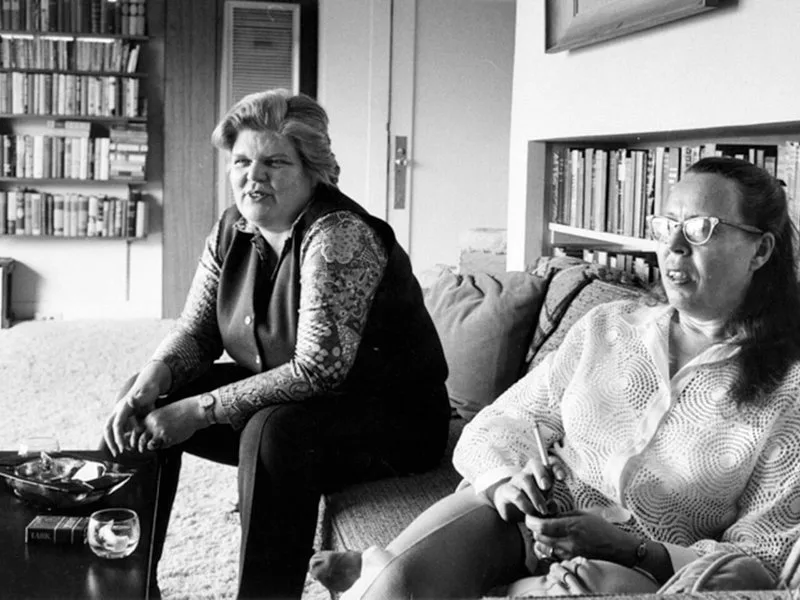
In 1971, four activists founded the country’s first LGBTQ+ political action committee. Named after the prolific writer and longtime San Franciscan Alice B. Toklas, “Alice,” as it was nicknamed, aimed to increase the presence and prominence of LGBTQ+ politicians and their allies within the Democratic Party.
The group ultimately found success in partnering with a number of prominent figures (including Mark Leno, the first openly gay man elected to the California State Senate and U.S. Senator Dianne Feinstein). In mentoring activists seeking political careers, they helped solidify San Francisco’s LGBTQ+ population as the influential voting bloc it is today.
Today, Alice remains a mainstay in San Francisco and continues to advocate for progress in economic parity, marriage equality, domestic partnership rights, and transgender health equity. Its Market Street headquarters are situated in the iconic Castro district, just around the corner from legendary movie palace The Castro, which often hosts film festivals and sing-along screenings.
401 Castro Street
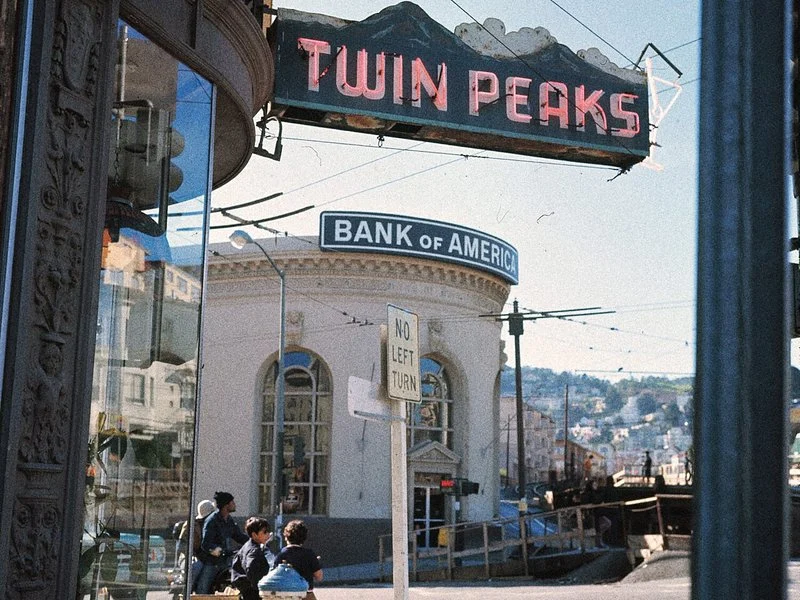
This hideaway in the city’s historic Castro district is a classic in its own right. Originally opened in 1935, the Twin Peaks Tavern was revitalized in 1971 by Mary Ellen Cunha and Peggy Forster, former regulars who wanted to create a safe haven for the LGBTQ+ community.
The tavern is believed to be the first openly gay bar in the country to feature floor-to-ceiling glass windows, which allowed the public to see inside, a powerful statement in the early days of the gay-rights movement. Some 50 years later, it remains one of the most welcoming and memorable hotspots in the Castro. Pro tip: Try an Irish coffee, a signature order.
Travelers say: "Great place to sit and meet friends or be on your own and people watch while you drink a Bloody Mary or G & T. Friendly bar staff [and] inexpensive drinks. Always drop in here when visiting Castro. Most of the clientele are institutions them selves and will regale you with stories of Castro in the 70’s. Well worth a visit." -@David_P_M1
101 Taylor Street
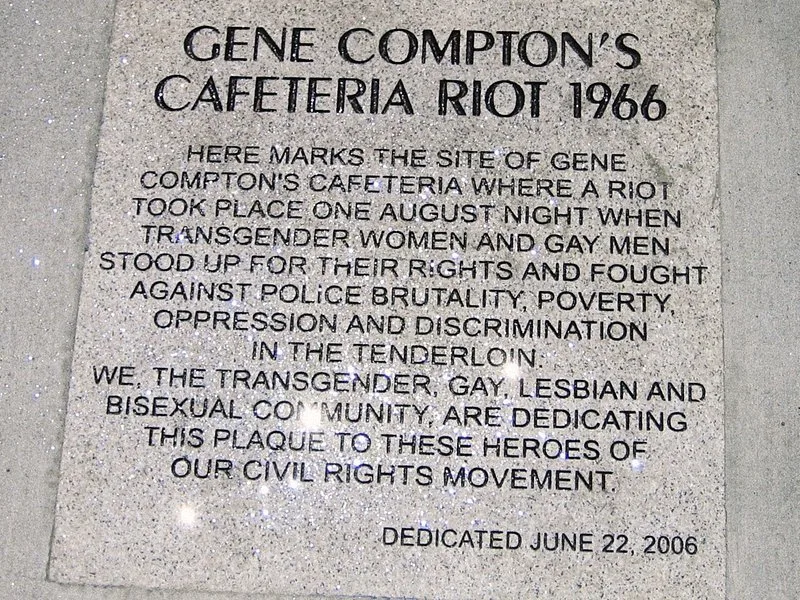
In 1966—three years before New York City’s famed Stonewall Riots, a pivotal moment in gay rights—a fearless act of resistance in San Francisco’s Tenderloin district made big waves and signaled a sea change in the LGBTQ+ movement.
Gene Compton’s Cafeteria was a 24-hour restaurant with a large LGBTQ+ clientele. But the surrounding area was heavily patrolled by the police, many of whom would harass and hassle Cafeteria patrons—particularly drag queens and transgender women and men.
One August night in 1966, a drag queen whose name and identity remains a mystery to this day had enough of the abuse and flung her coffee at an officer. The act of defiance sparked a confrontation that saw cutlery and fists flying, tables flipping, and a police cruiser damaged. Susan Stryker, the director of Screaming Queens—a 2005 documentary about the incident—called the moment “the first known instance of collective militant Queer resistance to police harassment in United States history."
Compton Cafeteria has long since closed, but the activism it inspired lives on, and a detailed plaque marks where it stood and the block has been altogether renamed: Gene Compton’s Cafeteria Way. Nearby on Turk Street, Aunt Charlie’s Lounge, a legendary gay bar more than 35 years old, still welcomes patrons for a quintessential dive experience.
1231 Market Street
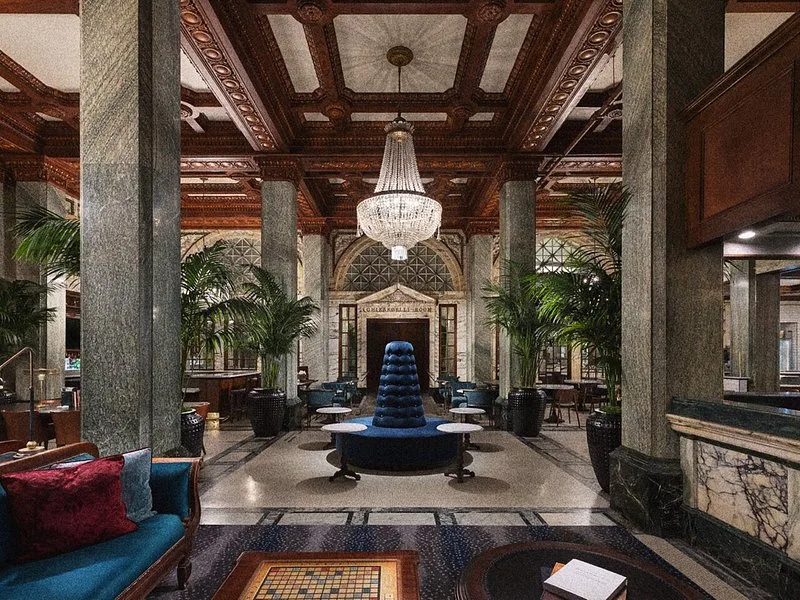
In May 1960, more than 200 people gathered at the historic Hotel Whitcomb for the first convention organized by The Daughters of Bilitis, an influential lesbian-rights advocacy group, effectively becoming the largest event dedicated to lesbian activism the country had ever seen.
With the theme “A Look at the Lesbian,” the event was regarded as a great success by its organizers. Convention-goers came out in groves to support the lesbian population of the city and beyond, despite vocal opposition from many groups—including police officers, some of whom cited female attendees dressed in men’s clothing for “inappropriate attire.”
Situated in the bustling, shop-lined SoMa neighborhood, the 110-year-old Hotel Whitcomb is a member of the Historic Hotels of America and still welcomes guests. The property is reopening after renovations in July, although you could certainly swing by the spiffy lobby bar to soak up the historic ambience and grab a classic cocktail.





